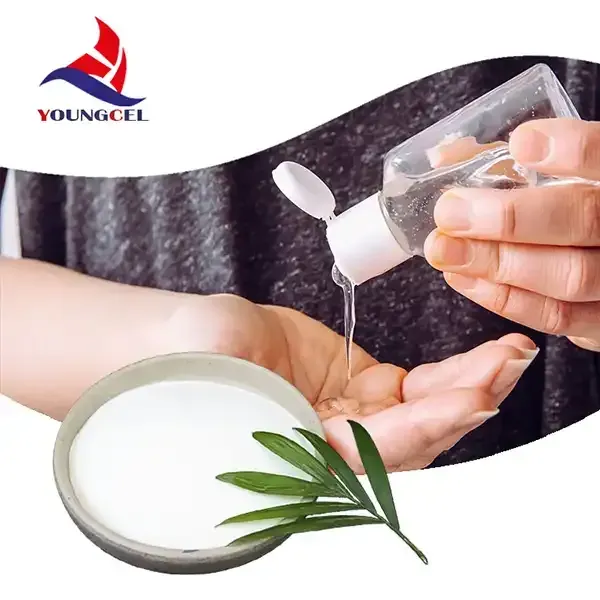Understanding HPMC Thickener Applications and Benefits
Hydroxypropyl Methylcellulose (HPMC) thickener is a versatile and widely used additive across various industries, particularly in food, pharmaceuticals, and construction. With its hydrophilic properties and ability to modify viscosity, HPMC has garnered attention for its functional benefits that enhance product performance and stability. This article discusses the composition, applications, and advantages of using HPMC as a thickening agent.
Composition and Properties of HPMC
HPMC is a semi-synthetic polymer derived from cellulose, which is a natural polysaccharide found in plant cell walls. The modification process involves substituting some of the hydroxyl groups of the cellulose molecule with hydroxypropyl and methyl groups. This transformation endows HPMC with unique characteristics, such as solubility in cold water, thermal stability, and improved flow properties. HPMC appears as a white to off-white powder and is odorless and non-toxic, making it suitable for various applications, including those in sensitive environments.
Applications in Food Industry
In the food industry, HPMC serves multiple purposes, primarily as a thickening, stabilizing, and emulsifying agent. It is commonly found in products like sauces, dressings, ice creams, and baked goods. The ability of HPMC to form a gel-like consistency when added to liquids allows food manufacturers to create products with desirable textures and mouthfeel. For instance, in dairy products, HPMC can enhance creaminess without adding fats, enabling the development of lower-calorie options.
Moreover, HPMC helps in improving the shelf life of food items by preventing the separation of ingredients and maintaining consistency. Its use in gluten-free products is especially important, as it contributes to the texture and elasticity that is often compromised when gluten is removed. With the increasing demand for gluten-free diets, HPMC has become an essential ingredient in such formulations.
Pharmaceutical Applications
In the pharmaceutical sector, HPMC is prized for its role as a binder, thickener, and controlled-release agent in tablet formulations. It enhances the viscosity of liquid medications, providing the desired consistency for syrups and suspensions. HPMC is also employed in ocular drops due to its ability to retain moisture and improve bioavailability.
hpmc thickener

Additionally, HPMC is used in the formulation of extended-release tablets, where it can control the release rate of active pharmaceutical ingredients (APIs). This property is crucial for minimizing dosing frequency and improving patient compliance. The versatility of HPMC allows for various concentrations and grades to be utilized depending on the specific application and desired release profile.
Contributions to Construction Industry
Beyond food and pharmaceuticals, HPMC plays a significant role in the construction industry, where it is used as an additive in cement, mortar, and adhesives. In this context, HPMC serves to improve workability, water retention, and adhesion. It allows construction materials to flow more easily during application, enhances the bonding between substrates, and reduces the risk of cracking.
HPMC also acts as a thickener in construction applications, preventing segregation of components in mixtures and ensuring uniformity in application. Its water-retaining properties help to extend the setting time of mortars, allowing for longer working periods, which is crucial in projects with multiple applications.
Advantages of HPMC
The use of HPMC thickener offers numerous advantages that make it a popular choice across different industries. Firstly, it is easy to use and can be dissolved in cold water, making it practical for various formulations. Secondly, HPMC is derived from renewable sources, making it an environmentally friendly option compared to synthetic thickeners. Thirdly, its non-toxic nature ensures that it can be safely applied in food and pharmaceutical products without health concerns.
Furthermore, HPMC provides excellent stability over a wide range of temperatures and pH levels, ensuring consistent performance in diverse environments. This stability not only enhances product quality but also extends shelf life, which is a significant consideration for manufacturers.
Conclusion
In summary, HPMC thickener is a vital ingredient that serves countless applications across food, pharmaceutical, and construction industries. Its unique properties, such as solubility, viscosity modification, and compatibility, make it an indispensable component in creating high-quality products. As industries continue to evolve and adapt to consumer demands, the importance of HPMC thickener will undoubtedly grow, solidifying its place as a crucial additive in modern formulations.




